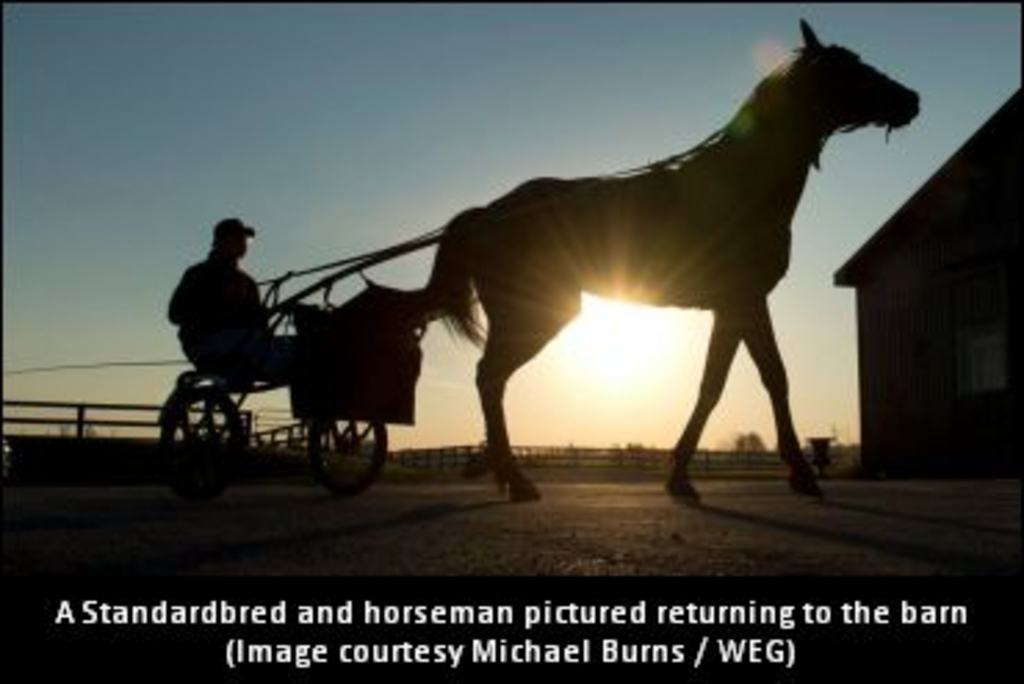
‘It takes a village’ is a proverb that has traditionally been applied to raising a child. In the equine world – particularly in racing – the sentiment rings loud and true.
Horses were domesticated around 3500 BCE. It’s a safe bet to assume that for as long as domesticated horses have been around, there have been people taking care of them as well.
Our relationship with equids has come a long way in the last 5500 years: it’s a curious transition from a life working as a pack animal trudging across the Eurasian Steppes to posing as a purple-maned prop in a Lady Gaga music video.
Gone are the days of horses wandering wild and free. Today, isolated populations of feral herds are resigned to a handful of places around the world, while the rest are employed in some occupation. What hasn’t changed over the centuries is humanity’s reverence for these animals.
Just as our relationship with equids evolved over time, so too has our ability to feed, shelter, train, equip, and rehabilitate them. An injured animal — of any species — had dire prospects for recovery in the past, but every year brings with it improvements in medical care and understanding.
An extensive complement of staff intent on maximizing the health, performance, and care of its equine clientele — not very unlike the support dedicated to the needs of a professional human sports team — could be employed at a racing stable.
This ecosystem might start with an owner (or group of owners) and be supported by a groom, valet, stable hand, hotwalker, trainer, driver/jockey, dental technician, farrier, veterinarian, nutritionist, physiotherapist, and perhaps more.
Recent research by Ontario Racing shows that, in Ontario, horse racing, breeding, associations and racetracks support 45,000 full-time equivalent jobs. By counting each individual that participates as a full-time, part-time, casual or unpaid employee — either directly or indirectly — upwards of 60,000 Ontarians gain employment from this sector.
The ‘village’ of caretakers needed in this industry allows for a huge breadth of opportunities for someone with an affection for horses to make them a part of their lives. Looking for a bit of exercise? Spend a few hours at the barn with a pitch fork and a wheelbarrow. Have a fondness for science? Pursue a career as a vet tech or veterinarian. Want to get really hands-on? Train to become a groom or an equine massage therapist.
Not sure where to start? Contact a horse farm or racetrack — or run a good ol’ fashioned online search — for horse-related jobs and careers.

